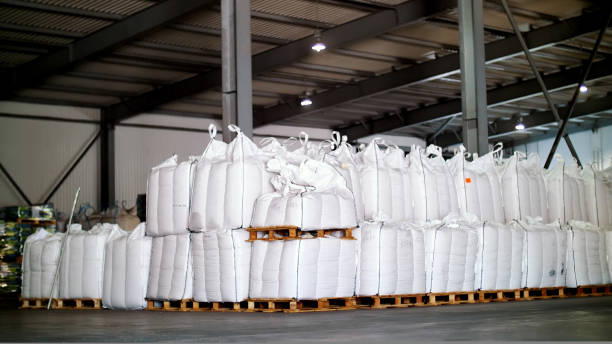The Impact of Moisture on Dry Bulk Cargo
Dry bulk cargo, encompassing a wide range of products like grains, coal, minerals, and more, is susceptible to damage from moisture and mold. These issues can significantly impact the quality and value of the goods. To mitigate these risks, proper ventilation is paramount.
The Role of Ventilation in Preserving Cargo Quality
Ventilation plays a crucial role in maintaining optimal conditions for dry bulk cargo. By regulating humidity and temperature, ventilation helps to:
• Prevent moisture buildup: Excess moisture can lead to dampness, mold growth, and product spoilage.
• Maintain product quality: Proper ventilation ensures that the cargo arrives at its destination in optimal condition, meeting quality standards and customer expectations.
• Extend product shelf life: By controlling the environment, ventilation can help prolong the lifespan of the cargo.
Strategies for Effective Ventilation
To achieve optimal ventilation for dry bulk cargo, consider the following strategies:
• Intelligent packaging: Utilize breathable materials for the inner lining of cargo containers to enhance air circulation and moisture dissipation.
• Strategic stacking: Leave appropriate ventilation gaps between cargo stacks to allow for airflow and moisture escape.
• Advanced ventilation systems: Employ intelligent ventilation systems equipped with sensors to monitor conditions and adjust ventilation accordingly.
The Benefits of Advanced Ventilation Systems
Modern technology offers innovative solutions for cargo ventilation:
• Real-time monitoring: Sensors track temperature and humidity levels, enabling proactive adjustments to ventilation settings.
• Automated control: Intelligent systems automatically regulate ventilation based on cargo conditions, optimizing efficiency and minimizing human intervention.
• Data-driven insights: Ventilation systems can generate valuable data on cargo conditions, aiding in decision-making and predictive maintenance.
The Impact of Ventilation on Cargo Quality and Safety
Proper ventilation directly influences the quality and safety of dry bulk cargo. By preventing moisture-related issues, ventilation safeguards product integrity, protects consumer health, and minimizes potential risks during transportation and storage.
Prioritizing Ventilation for Optimal Cargo Care
Effective ventilation is an indispensable aspect of dry bulk cargo management. By implementing appropriate ventilation strategies and leveraging advanced technologies, businesses can safeguard the quality and value of their cargo, ensuring customer satisfaction and minimizing losses.
Regular inspection and maintenance of ventilation systems are essential to uphold their effectiveness and guarantee the ongoing protection of your valuable cargo.
By prioritizing ventilation, you're not just protecting your investment; you're also contributing to safer and more sustainable transportation and storage practices.

Post time: Jul-29-2024



